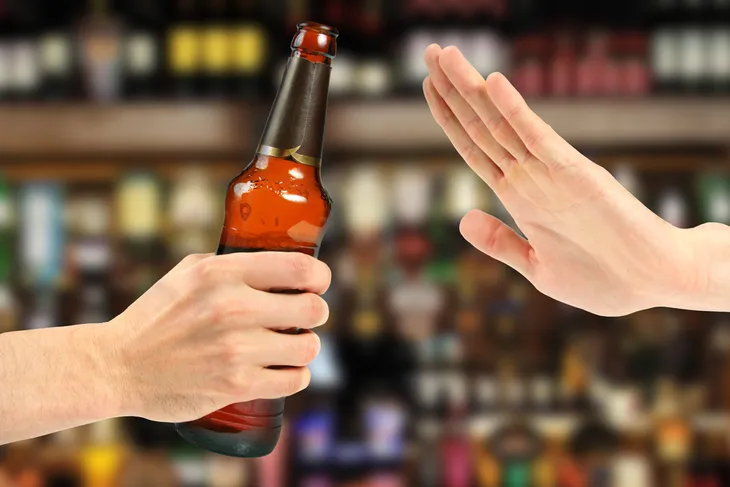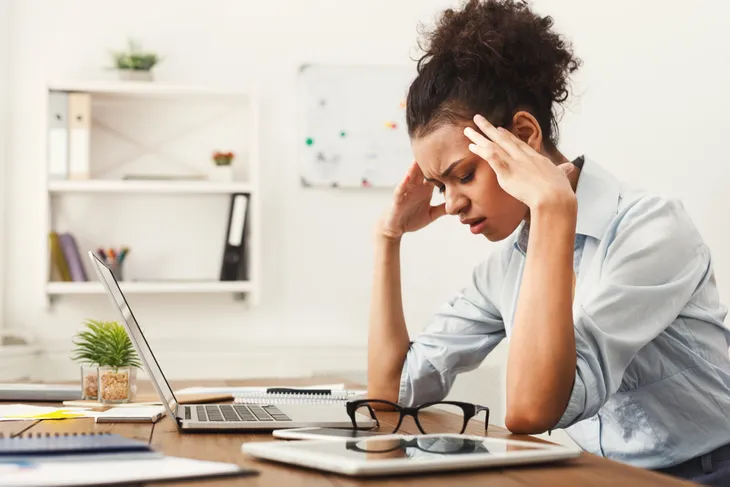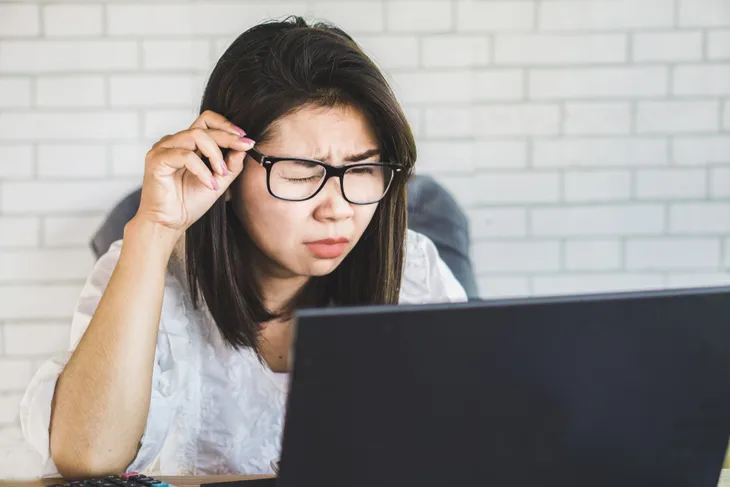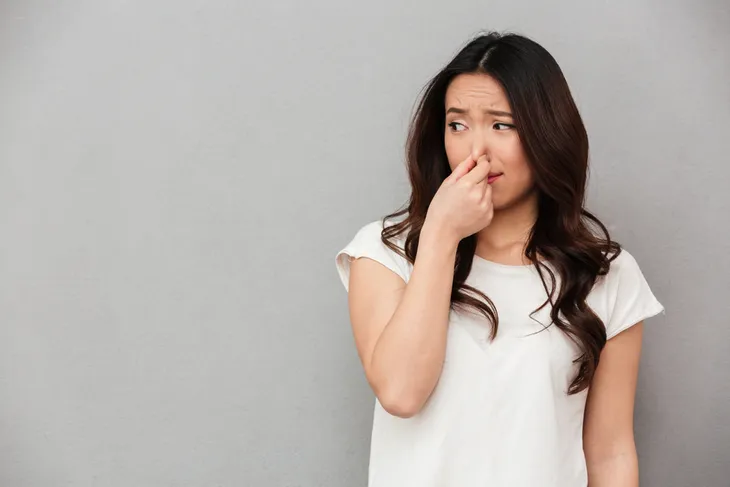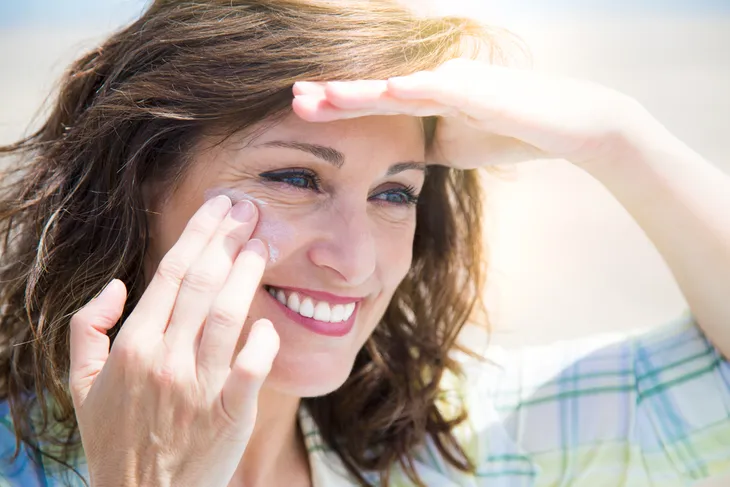Headaches can be incredibly disruptive, particularly when they emerge during an especially crucial part of the day, like just before a big work meeting or as you’re trying to prepare dinner for the family. Many of us respond to the first few flickers of a nasty headache by reaching for over-the-counter drugs like acetaminophen, ibuprofen or naproxen, though individuals struggling with more intense pain, like that experienced during a migraine headache, sometimes need special prescription medications to get by.
But, what if we could help prevent headaches from taking hold by avoiding foods that lead to their emergence? Is that possible? Let’s take a look at a few different things in our everyday life that may contribute to the onset of painful and irritating headaches.
Coffee Drop-Off
Many North Americans count on caffeine-laced beverages — from coffee to tea and energy drinks — to get through the busy work days of the average work week. During the actual week, that may not present too many issues, particularly if you balance your caffeine consumption with lots and lots of water.
But problems can emerge just when you’re ready to enjoy some time off on the weekend. That’s because many people who drink coffee, tea, and other caffeinated beverages throughout the week significantly cut back or even eliminate their caffeine consumption on the weekend. For the body, that’s a problem, particularly if you’re a serious caffeine drinker who consumes several cups of coffee or tea during the average work day. To help you handle this transition, try to cut back on your caffeine consumption during the week.
Alcohol
Ever wondered why drinking alcohol tends to give you a headache the next day? It’s because drinking causes the body to become dehydrated, and headaches are just one symptom of dehydration. A painful headache that won’t subside until your body has had a chance to process the alcohol and become re-hydrated. For those with a tendency to get headaches or migraines, even consuming a little alcohol can present problems.
To help overcome this problem, avoid drinking to excess — in other words, getting intoxicated. Should you feel intoxicated after drinking alcohol, try to consume lots of water, particularly if you’re about to head to bed. This can help the body process the alcohol and may significantly reduce the chances of getting a nasty hangover headache.
Stress
For years, North Americans went about their lives without really knowing the health consequences of experiencing substantial and consistent amounts of stress. Today, that’s no longer the case, with knowledge of stress health impact having long moved beyond the hospital and ivory tower. The problem: feeling stressed and anxious can actually affect your health.
Fighting stress is hardly easy. In fact, taking a stand against stress — say, by declining extra work or avoiding certain people — can lead to more anxiety in the short term. But over the long run, being conscious of what increases your stress and taking steps to reduce it can significantly increase your overall health and help you avoid headaches triggered by anxious situations.
Screen Exposure
There are a few reasons that headaches tend to emerge at the end of a long work day: for one, you might have had a particularly stressful day full of meetings and, maybe, a tense encounter with the boss. But your headache may also be due to spending a lot of time staring at screens, from your computer monitor to your smartphone or even a tablet.
The problem here stems from the strain placed on the eyes by looking at brightly lit monitors all day. Put simply, our eyes aren’t really built to stare at such bright screens all day. In the end, this results in the extensive activation of the nerves behind the eyes, which often leads to pain in this part of the head. On top of that, sitting for extended periods of time can result in neck pain, which may work its way up into the back of the head. To limit the pain associated with so much sitting and exposure to screens, take frequent breaks to go for quick walks, even if it’s only to grab a drink or use the washroom.
Potent Smells
These days many workplaces have banned potent perfumes and colognes in an effort to help prevent such strong smells from causing people to feel uncomfortable. But the sad truth is that many people, especially those working directly with the public (such as in service-oriented positions), will not be able to avoid these kinds of powerful aromas.
The problem is that strong smells, such as those associated with gasoline, tobacco smoke, perfume, cologne, or even certain foods, can present serious health problems for those with allergies. If exposed to strong smells for long enough, this can leave some people with very painful headaches. If this is becoming a problem for you, talk to your supervisor about strategies you can use to get through the work-day pain-free.
Glare
Having to squint through the sun’s glare or a particularly bright reflection can be annoying, particularly if you’re driving into the sun. And if this exposure to glare lasts long enough, it could lead to a painful headache.
How so? The sun’s glare can actually cause problems with the part of the brain, known as the thalamus, which regulates pain signals. In the end, this could result in a serious headache, perhaps even a migraine. To overcome this problem, carry sunglasses with you at all times and don’t hesitate to bring them out when you find yourself squinting.
Smoked, Cured and Aged Foods
The central food fare at many evening get-togethers is often a charcuterie board containing meats and cheeses that are smoked, cured, or aged. More specifically, that can mean cheese aged several years, meat like salami and smoked salmon, even pickled treats like dill pickles, cocktail onions and olives. There’s no denying these are tasty and indulgent treats that many people love to eat.
But individuals who struggle with frequent headaches may want to limit their consumption of these foods. That’s because smoked, cured and aged foods often contain sulfites that could cause the constriction, or shrinking, of blood vessels, thereby increasing the chance of a headache emerging.


